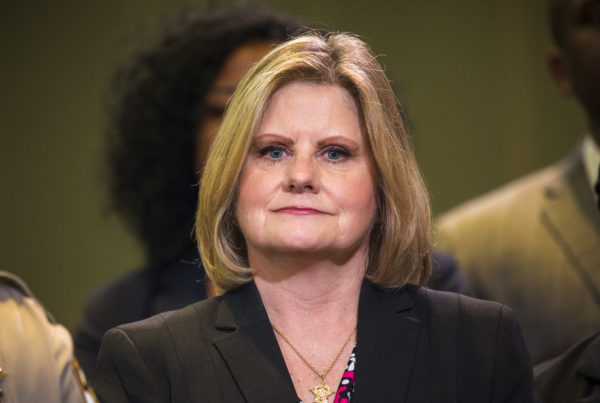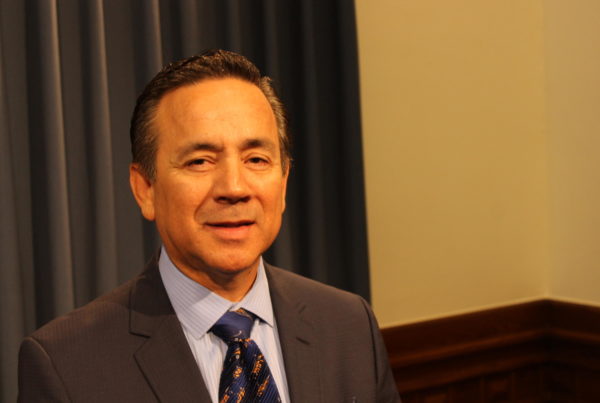From KERA:
Across the U.S., the number of teenagers having babies has hit a record low – it’s down to about one out of every 45 young women. That trend hasn’t extended to certain parts of Texas, where it’s still nearly twice the national average.
To understand why teen pregnancy rates are so high in some parts of Texas, you need to meet Jessica Chester. When Chester was in high school in Garland, she decided she wanted to become a doctor.
“I was top of the class,” she says. “I had a GPA of 4.5, a full-tuition scholarship to UTD. I was not the stereotypical girl someone would look at and say ‘Oh, she’s gonna get pregnant and drop out of school.’”
But right before her senior year, Chester missed her period.
She bought a pregnancy test and told her mom to wait outside the bathroom door.
“I peed on the stick and saw both lines came up,” Chester says. “I had tears, and I remember just opening the door and she was standing there with her arms out, and she just wrapped me up and hugged me.
“I just cried, and she told me it’s going to be OK.”
Chester’s mother had also been a teen mom. So had her grandmother.
Teen pregnancy tied to policy not just poverty
Every year in Texas, about 35,000 young women get pregnant before their 20th birthday. Traditionally, the two variables most commonly associated with high teen birth rates are education and poverty. But a new study, co-authored by Dr. Julie DeCesare, shows those aren’t the only factors at play.
“We controlled for poverty as a variable, and we found these 10 centers where their teen birth rates were much higher than would be predicted,” she says.
DeCesare, whose research will appear in the June issue of the journal “Obstetrics & Gynecology,” says several of those clusters were in Texas.
San Antonio, El Paso, Fort Worth and Dallas all stood out as having alarmingly high rates of teen pregnancy. The Dallas and San Antonio areas had rates 50 percent and 40 percent above the national average.
Gwen Daverth, CEO of the Texas Campaign to Prevent Teen Pregnancy, says teens everywhere are having sex, and teen pregnancy is an issue of policy, not promiscuity.
“What I mean by that is that it is the policies and processes and support that the adults put in place to give the youth the info they need to make the decision in the moment,” she says. “What we see is there are not supports in place, not conversations happening, we’re not connecting high risk youth with contraception services. Where other states have put in more progressive policies.”
California, for example, cut its teenage birth rate by 64 percent from 1991 to 2012. During a similar time period, the teen birth rate in Texas also fell, but only by 56 percent.
“[Texas] is the most restrictive state when it comes to accessing health care,” Daverth says. “Only us and Utah have a law that if you’re already a parent, you are the legal medical guardian of your baby but you cannot make your own medical decisions without the now grandma involved.”
That means if you’re a teen mom and want prescription birth control, you usually have to get the approval of your own parents, the now grandparents, first. Houston-area State Rep. Sarah Davis, a Republican, proposed legislation to change this, but the bill died in the House.
Daverth says Texas has the highest rate of repeat teen pregnancies in the country.
















